http://www.youtube.com/watch?v=hohDmK60RtI
Filmmaker: Rodrigo Vazquez
Indigenous communities in the remote Andes face devastating drought from climate change, but the women are mobilising through their football club, and finally getting heard.
In the isolated Andean communities of Peru, poor indigenous peasants used to live in a state of economic and social apartheid. Entire families lived on less than a dollar a day.
A few years ago, Juana, an indigenous peasant, organised a football team for women in the Andes, opening a path to her community's participation in politics for the first time.
"We were the first to organise activities for women of this community. We were the first women to play football in this place. Nobody had ever thought of it before. But they all came to play and haven't stopped ever since," she says.
After decades spent playing a largely passive role in community organisation and politics and consigned to working in the kitchen, raising cattle or ploughing fields, football provided the women with an opportunity to discuss their communities' needs.
Post-match meetings were turned into popular assemblies where the women would talk about their collective problems and discuss solutions. Chief amongst the issues that concerned them was climate change and its impact on farming communities.
The high slopes of the Andes in Peru could once sustain indigenous peasant communities, but now the droughts threaten lives and livelihoods.
Juana's family grow corn and potatoes, but climate change has caused floods that make farming impossible to profit from. Previously fertile land is becoming obsolete and the floods have ruined the crops.
"If we get together and encourage each other, we'll find a solution, we must work as a collective. Because if we don't work together and remain scattered around we'll have to face certain death," she says.
Many peasants in the Andes feel abandoned by the government. Sixty per cent of them live in extreme poverty and have no access to basic services, like water and healthcare.
Thanks to football, Juana was the first woman to speak out at assemblies and to approach politicians regularly - a role that was previously reserved for men.
Many local women's groups began springing up in the region in order to play football and fight the impact of climate change. The women are determined to break their traditional silence. As they gain confidence to speak up at the football meetings, they take on increasingly important political roles in their communities.
In Peru: A league of their own we witness some of the women as they go straight to the political heart of their country to make their voices heard and demand support in managing rivers and approval for a relocation plan for their village.
http://english.aljazeera.net/video/
A few years ago, Juana, an indigenous peasant, organised a football team for women in the Andes, opening a path to her community's participation in politics for the first time.
"We were the first to organise activities for women of this community. We were the first women to play football in this place. Nobody had ever thought of it before. But they all came to play and haven't stopped ever since," she says.
After decades spent playing a largely passive role in community organisation and politics and consigned to working in the kitchen, raising cattle or ploughing fields, football provided the women with an opportunity to discuss their communities' needs.
Post-match meetings were turned into popular assemblies where the women would talk about their collective problems and discuss solutions. Chief amongst the issues that concerned them was climate change and its impact on farming communities.
The high slopes of the Andes in Peru could once sustain indigenous peasant communities, but now the droughts threaten lives and livelihoods.
Juana's family grow corn and potatoes, but climate change has caused floods that make farming impossible to profit from. Previously fertile land is becoming obsolete and the floods have ruined the crops.
"If we get together and encourage each other, we'll find a solution, we must work as a collective. Because if we don't work together and remain scattered around we'll have to face certain death," she says.
Many peasants in the Andes feel abandoned by the government. Sixty per cent of them live in extreme poverty and have no access to basic services, like water and healthcare.
Thanks to football, Juana was the first woman to speak out at assemblies and to approach politicians regularly - a role that was previously reserved for men.
Many local women's groups began springing up in the region in order to play football and fight the impact of climate change. The women are determined to break their traditional silence. As they gain confidence to speak up at the football meetings, they take on increasingly important political roles in their communities.
In Peru: A league of their own we witness some of the women as they go straight to the political heart of their country to make their voices heard and demand support in managing rivers and approval for a relocation plan for their village.
http://english.aljazeera.net/video/
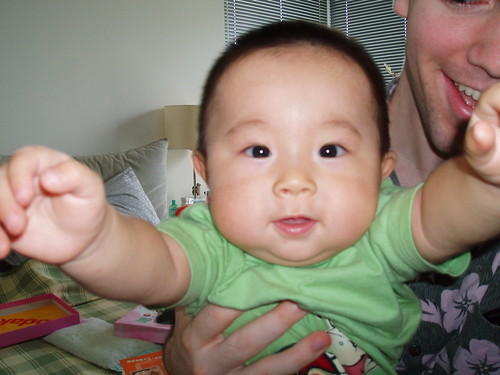








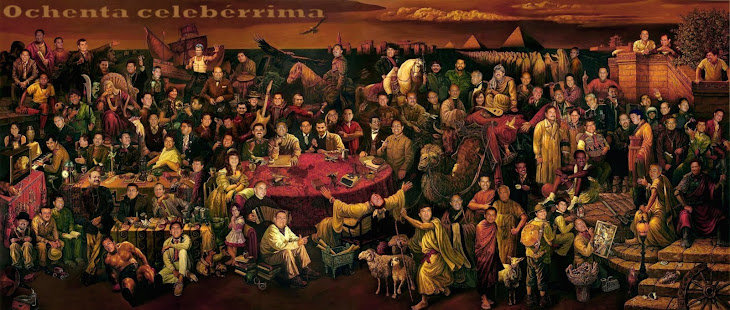
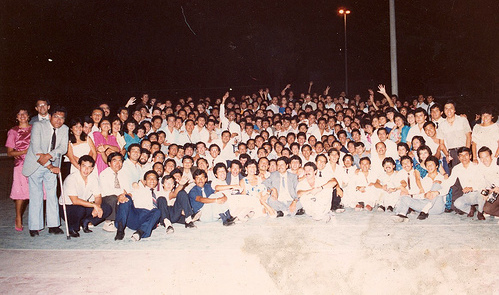
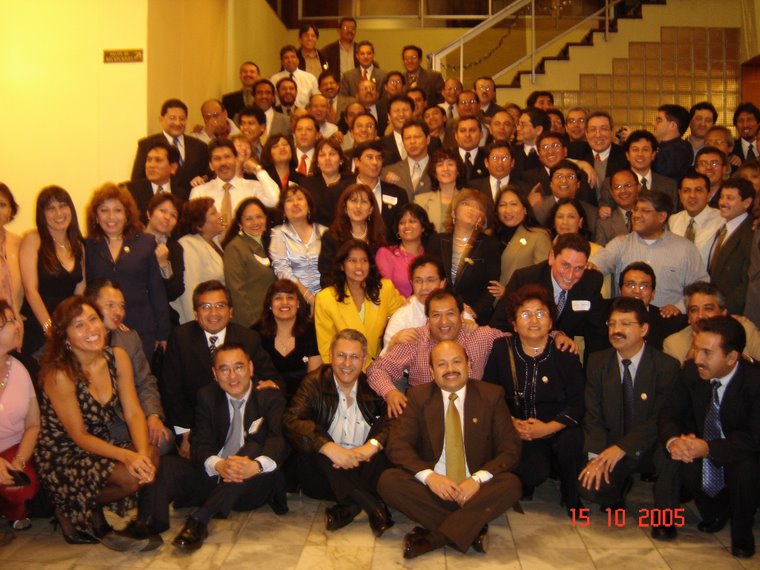
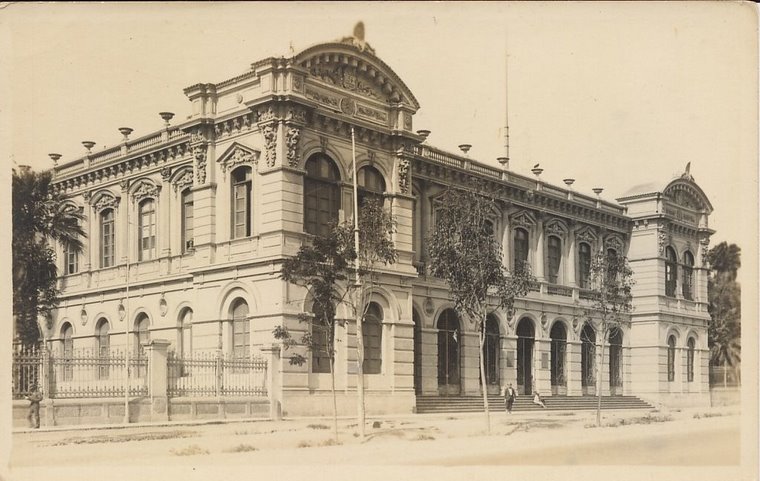
No hay comentarios.:
Publicar un comentario